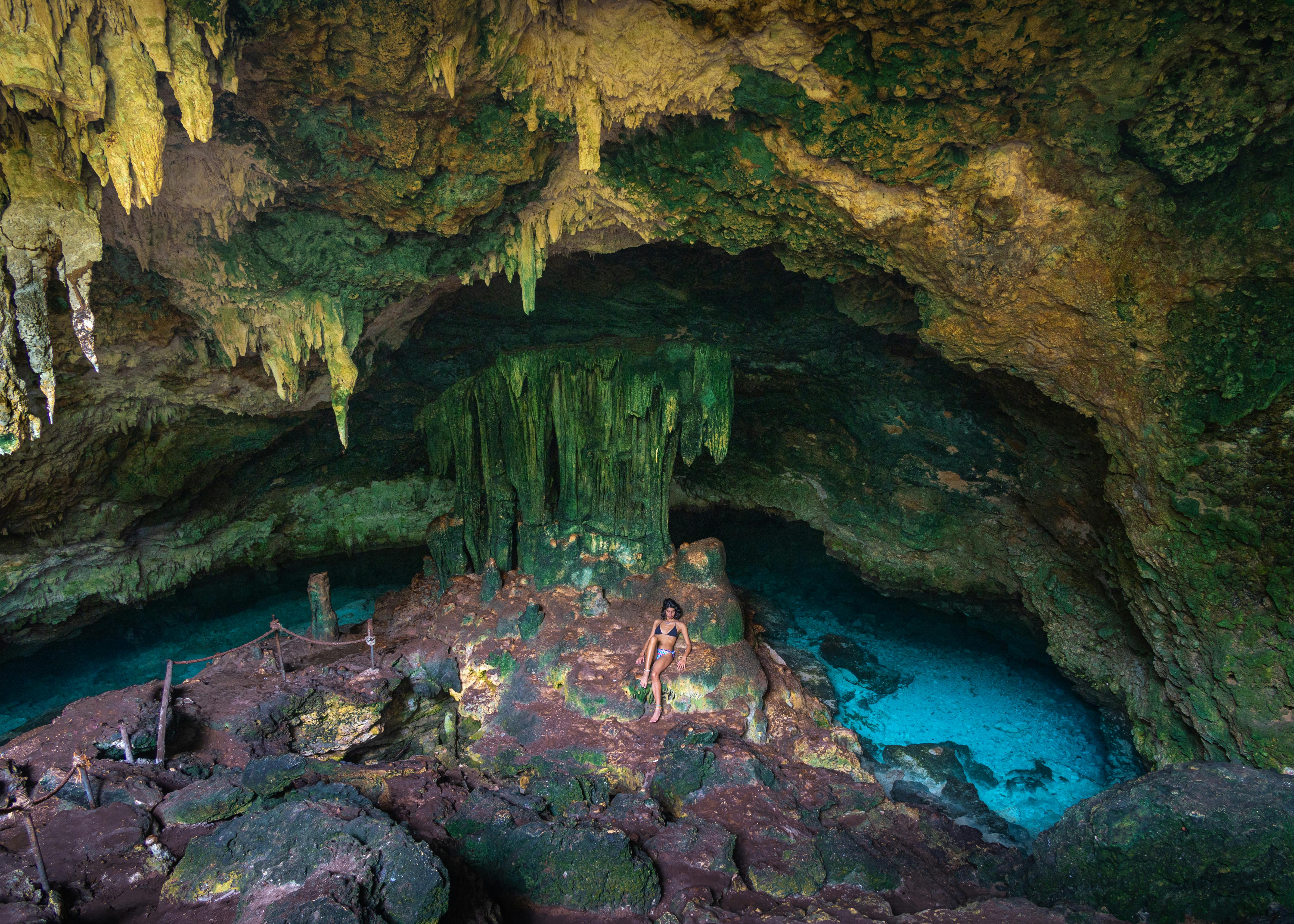Discovering the Wonders of Space Tourism: A Glimpse into the Future of Travel
The notion of venturing into the cosmos, once the purview of science fiction, is now becoming a reality. Space tourism, the ultimate frontier for adventurous travelers, has been making headlines worldwide as leading companies like SpaceX, Virgin Galactic, and Blue Origin are vying to make commercial space travel accessible. This thrilling new trend is set to redefine our understanding of travel and adventure, opening up the vast expanse of the universe to intrepid explorers.

A Glimpse into the History and Key Developments
The concept of space tourism has been around since the early days of the space race. However, it wasn’t until 2001 that Dennis Tito, an American businessman, became the first space tourist, spending nearly eight days aboard the International Space Station. Since then, the sector has seen remarkable progress. Today, companies like SpaceX promise trips around the moon, while Virgin Galactic is offering suborbital spaceflights for the thrill-seeking travelers.
The Advent of Commercial Space Travel: Trends and Applications
The recent successful launch of SpaceX’s Crew Dragon, carrying four private citizens into orbit, is a testament to the rapid advancements in commercial space travel. This groundbreaking mission highlights the latest trend of “orbital tourism,” where passengers can experience weightlessness and breathtaking views of Earth from space. Experts predict that this trend will continue, with more private missions scheduled for the coming years, offering extraordinary experiences to affluent adventurers.
Weighing the Pros and Cons of Space Travel
Space tourism presents an exciting new frontier for travel, but it’s not without its challenges. The high cost of space travel currently limits it to the wealthy, and the physical demands of spaceflight may exclude those with certain health conditions. However, the chance to witness the Earth from space, float in zero gravity, and possibly even walk on the moon, offers an unparalleled experience that many argue is worth the expense and risk.
Making Space for Space Tourism
The rise of space tourism has sparked debates about its environmental impact. While it’s true that rocket launches emit substantial amounts of greenhouse gases, some argue that the potential benefits, such as advancing scientific research and fostering a greater appreciation for our planet, outweigh the environmental cost. However, as with any new industry, it’s crucial to consider its long-term sustainability and strive for more eco-friendly alternatives.
Space Travel: Beyond the Basics
- Space tourists need to undergo rigorous training to prepare for the demands of spaceflight and life in zero gravity.
- Future plans for space tourism include luxury space hotels and even lunar vacations.
- Space tourism could have significant economic benefits, potentially creating thousands of jobs.
Conclusion
Space tourism represents a bold new frontier in travel, promising an experience unlike anything available on Earth. While it presents numerous challenges and ethical questions, it also offers the potential for extraordinary adventures and scientific advancement. As we stand on the precipice of this new era of exploration, one thing is clear - space tourism is set to revolutionise the way we think about travel. It’s an exciting time to be an adventurer.




